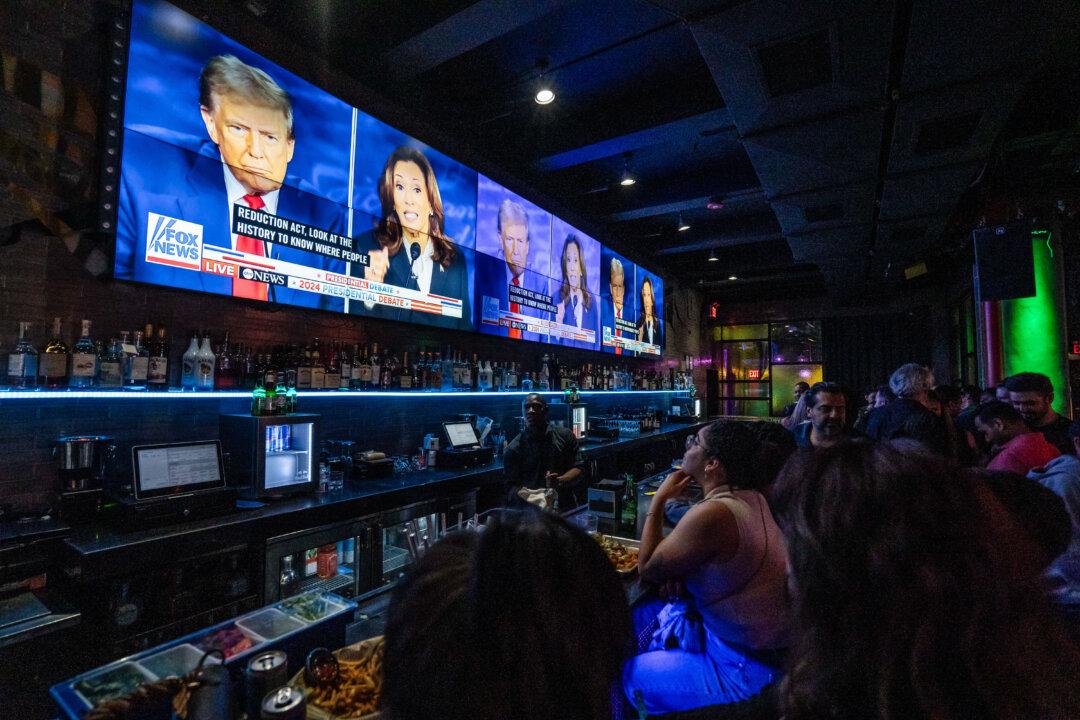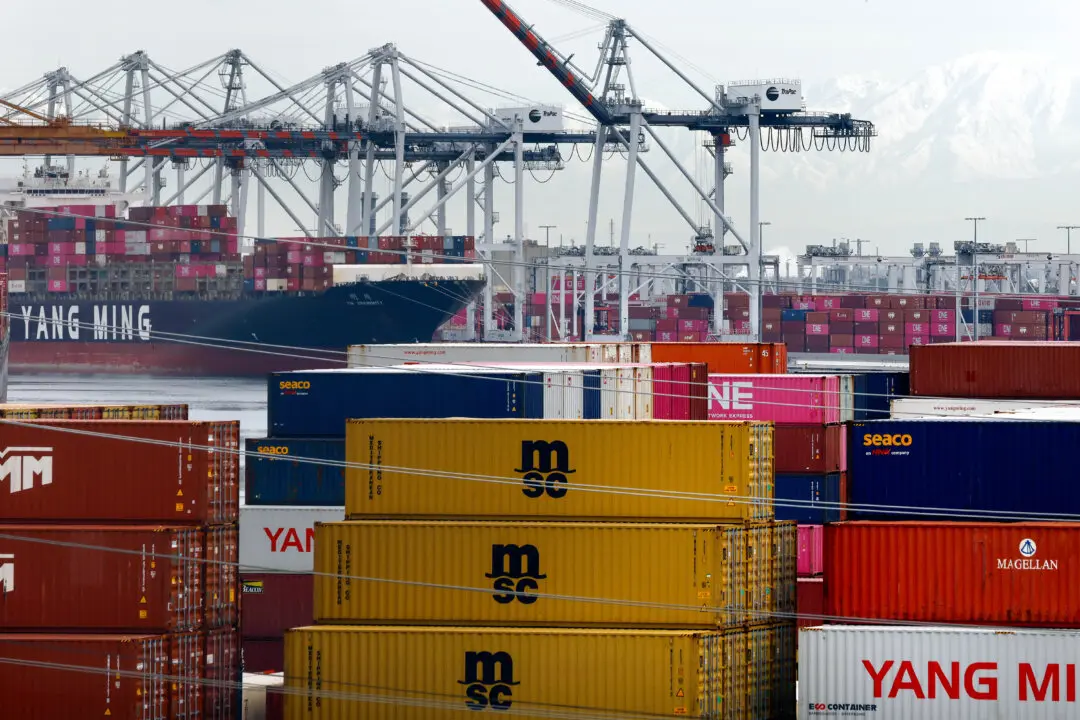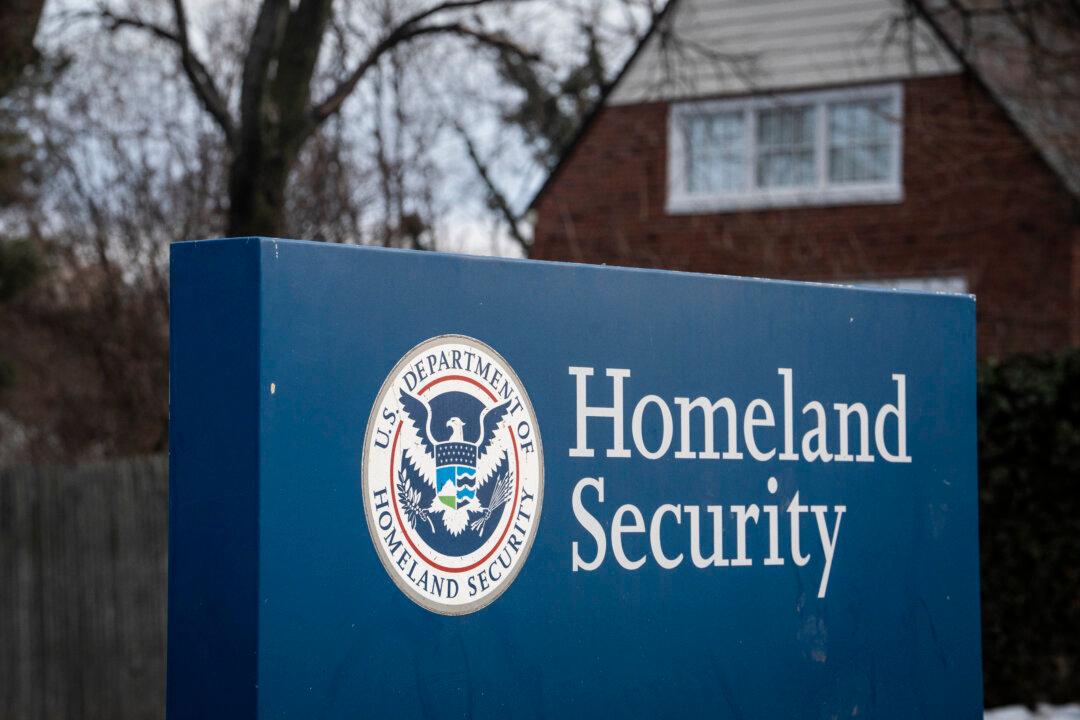China is a foreign adversary with the intention and capacity to displace the current U.S.-led world order. Both parties agree on that now; however, the two presidential candidates’ approaches will differ.
Former President Donald Trump hinted at reigniting the trade war, suggesting he may impose more than 60 percent tariffs on Chinese goods. The Trump-centered Republican platform also pledges to revoke China’s permanent normal trade relations status, which grants it free trade benefits with the United States, and phase out imports of essential goods such as electronics, steel, and pharmaceuticals.





